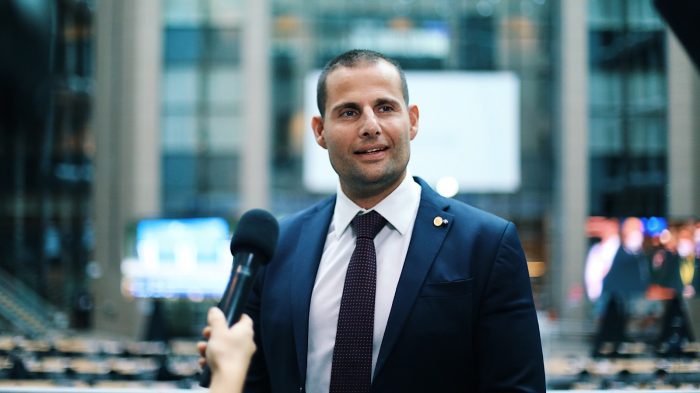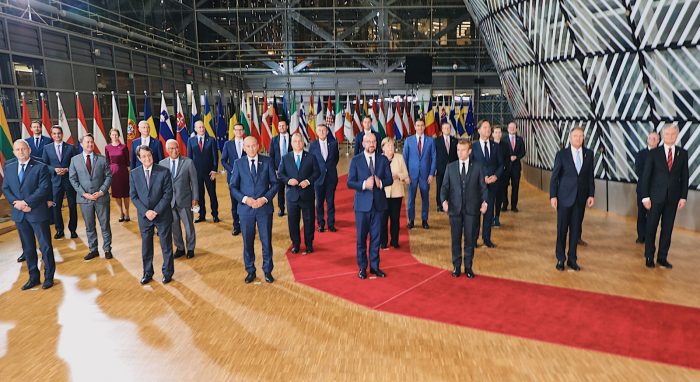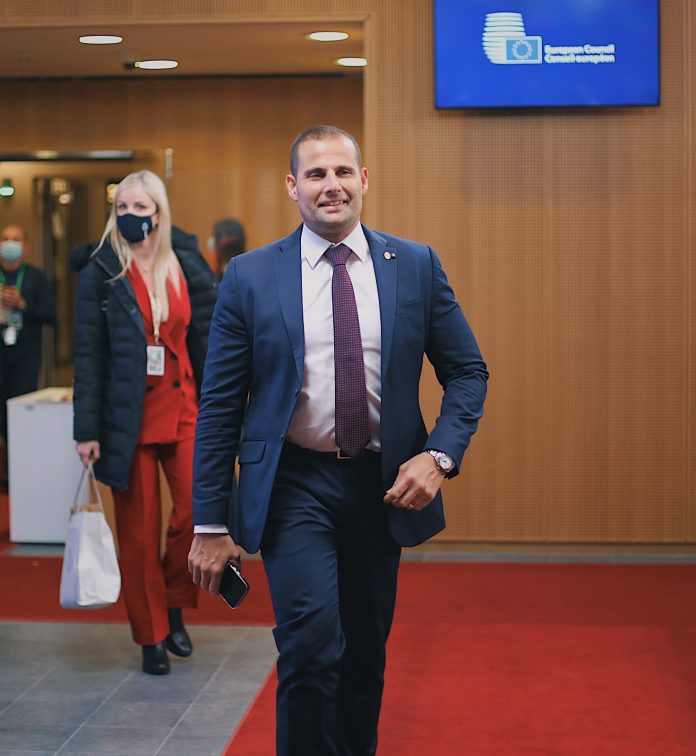During the meeting, European leaders addressed important and priority issues including energy prices, the pandemic, immigration, the rule of law and the digital transformation.
The Minister for Energy, Enterprise and Sustainable Development Dr Miriam Dalli accompanied the Prime Minister in Brussels where she met with the European Commissioner for Energy Kadri Simson.
Rising energy prices have been at the top of the agenda for European leaders who are all concerned about this same rise. They discussed measures to be taken in the field of renewable energy, at national as well as European level, to address this problem. The European Union has agreed to give member states the necessary flexibility to see how they can address rising energy prices according to the country’s specificities.

In comments after the end of the Council, the Prime Minister said:
“Our country has made its position clear that we will continue to support our people and our businesses in the context of the particular realities that our country has. This was a strong message, so much so that it is reflected in the Council’s conclusions. That has been the policy we have adopted since March 2020, that throughout the pandemic we must continue to give full support to people and businesses through various measures, such as a major wage supplement. In the same way we now have this reality around us of rising fuel prices around the world, rising energy prices and inflation we must stay there to be that Government that we support the people all so that price increases are not reflected as new burdens on people. “
The fight against the COVID-19 pandemic was also among the priorities on the agenda of European leaders as they discussed the lessons learned from the same pandemic, including the vaccination campaign and the importance of that each member state of the European Union has access to medicine. The leaders agreed on international solidarity and pledged to work together to make the vaccination program accessible and available to all.
The discussion on immigration focused mainly on cooperation with the countries of origin of immigrants, and the protection of Europe’s external border. An agreement has been reached between member states that more investment must be made in our “partner” countries, such as Libya, to strengthen the country’s development process and reduce the influx of immigrants into Europe.
Emphasis was placed on the rule of law in particular in the light of what has happened in Poland and the European Parliament’s repeated calls for European Funds to be linked to this area. The Prime Minister mentioned that in Malta, in the last twenty months, great and unprecedented reforms have been made to continue to strengthen the rule of law in our country. What reforms are tangible and their effect is already being felt.
During the council, the digital transformation that should lead to strengthening economic growth and competitiveness, as well as creating new jobs was discussed.
European leaders also discussed Europe’s trade with external countries and looked at important international events to be held in the coming weeks.











